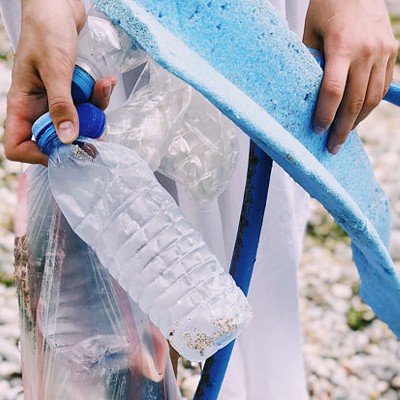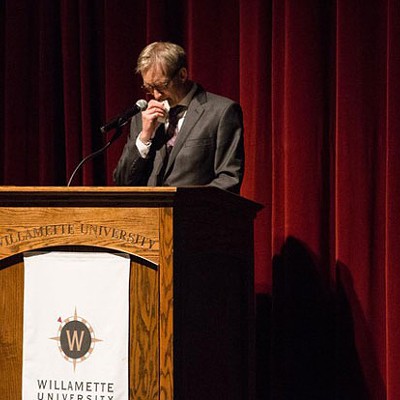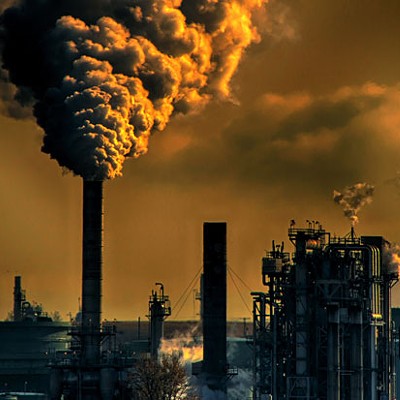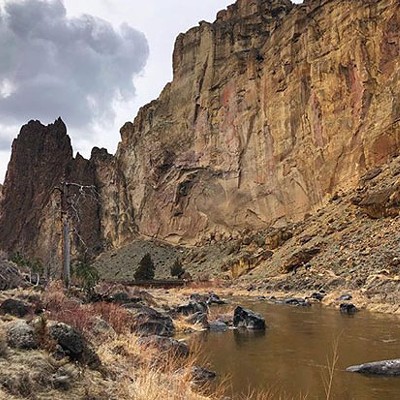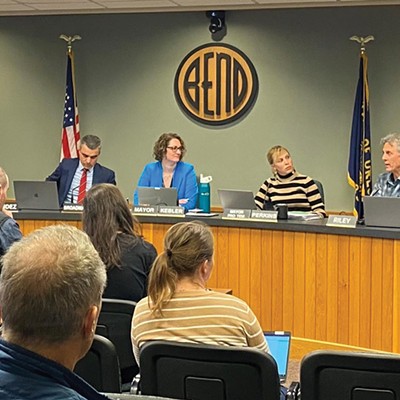When Earth Day began in 1970, the world was a different place. Pollution was getting increasingly worse and even Portland had 50 percent more smog than the national recommendation. The rivers and roads had so much litter that cattle were choking on it. In Bend, the mill was running 24/7, Troy Field Laundry was leaking toxic chemicals into the soil below, houses were lacquered with lead paint and asbestos insulated public schools.
Forests, rivers and clean air make Oregon beautiful, and we've come a long way from the 1970s when clear-cutting, dirty rivers and toxic chemicals were omnipresent. Conservationists made significant progress, and we get to enjoy the benefits of many decades of work. The bottle bill keeps 80 to 90 percent of recyclable beverage container garbage out of the waste stream in Oregon, Department of Environmental Quality strategies lowered fuel emissions, and national forests are now protected from clear-cutting (with some exceptions).
That's not a bad start, but there's still much work to be done. Today, U.S. conservationists are often disregarded as soon as the words "climate change" enter the conversation. Nonetheless, world leaders from 195 nations negotiated the first global climate change draft treaty at the United Nations Paris Climate Conference in December. On April 22, more than 120 countries are expected to sign it.
Soil, water and wildlife conservationists have a huge job to do, namely, saving the planet and the biodiversity that makes it all work. It can't be done alone. Conservation is a noble goal, but it takes real people to make things happen. Consider that if it weren't for conservationists, the U.S. would likely still be in the business of logging in national parks and forests (strictly reduced since the '70s).
In other states, it's pretty common to see dumped trash, zero recycling, and not a hint of concern for industrial toxic air and water pollution. We care in Oregon. In fact, we care a lot because we have so much to lose. That's why we want to protect the wilderness, river flows, and the wildlife habitat damaged and lost in the last 100 years. The air, atmosphere, earth, water, forests, wildlife and humans are all interconected. From wildlife surveys to wetland management, conservation is the tangible action we take right now for our natural ecosystem to survive and thrive.
On Earth Day this year, the U.S. and China, the two worst greenhouse gas polluters in the world, will sign the Paris Agreement with the goal to reduce global warming. This heralds a new era of acknowledgement of climate change and our country's huge role in the problem. It's time to listen to the scientists and work alongside conservationists who have no greater goal than the good of the world as motivation. Conservation is more important than ever.

